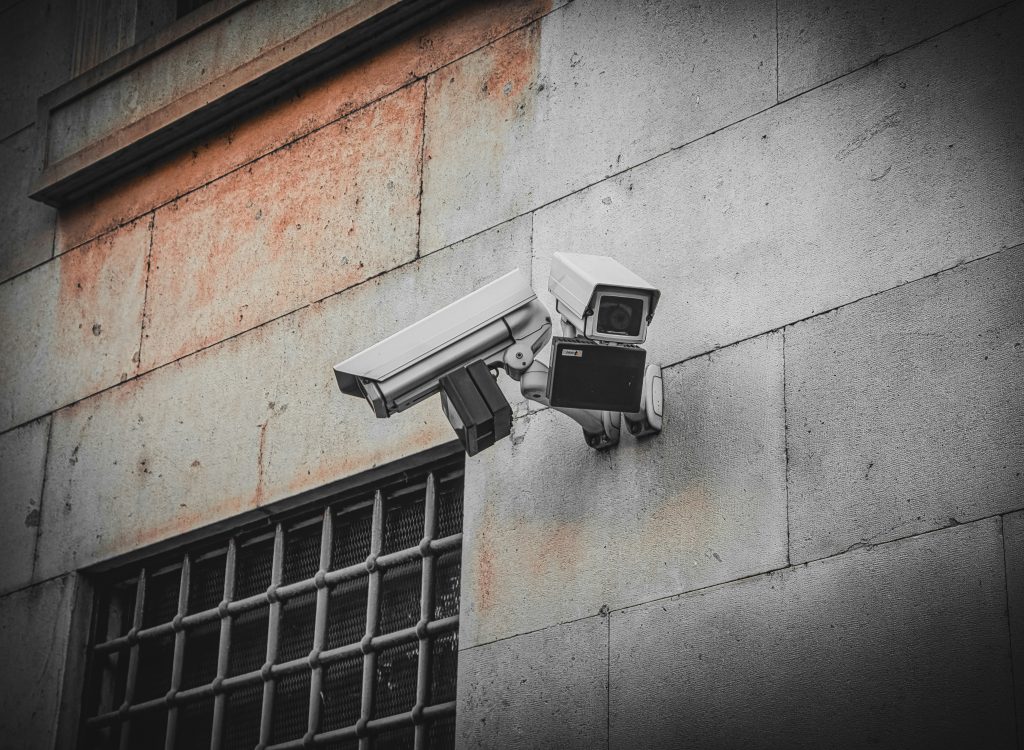Massive Data Breach Exposes Millions of Social Security Numbers: What You Need to Know
In a startling revelation, a recent lawsuit has unveiled a massive data breach that may have compromised the personal information of approximately 2.9 billion individuals. Cybercriminals reportedly accessed sensitive records from a background check company, raising urgent concerns about identity theft and financial fraud. This breach potentially exposes millions of Social Security numbers, igniting alarm among consumer advocates and prompting experts to urge immediate protective measures.
The implications of such a significant breach are profound. With cybercriminals increasingly sophisticated in their tactics, the stolen data can be utilized in a myriad of nefarious ways. Victims could find themselves targeted by phishing scams, where fraudsters impersonate legitimate entities to extract more personal information or money. Additionally, the risk of unauthorized loans or credit cards being opened in a victim’s name looms large, leaving individuals to grapple with the aftermath of financial devastation.
Following the breach, experts are emphasizing the importance of proactive measures to safeguard personal information. Among the top recommendations is freezing one’s credit. This action is considered the most effective step individuals can take to prevent future unauthorized access to their financial accounts. A credit freeze restricts access to your credit report, making it significantly more difficult for identity thieves to open accounts in your name.
Consumer advocates are urging anyone who suspects their information may be compromised to take immediate action. Monitoring bank statements for unusual activity and enrolling in identity theft protection services are also advised. The breach serves as a critical reminder of the vulnerabilities inherent in the digital age, where personal information can be exposed with alarming ease.
As the situation unfolds, it’s essential for those affected to stay informed and vigilant. Legal experts suggest that individuals may have grounds to pursue claims against the companies responsible for safeguarding their data. The lawsuit highlights a systemic failure in protecting sensitive information, and as awareness grows, there may be increased pressure on organizations to enhance security measures and protocols.
In light of this incident, it is crucial for consumers to educate themselves on the potential risks associated with data breaches. The threat of identity theft is not only a financial issue but also a significant emotional and psychological burden for victims. Knowing how to respond and protect oneself can make a considerable difference in mitigating the fallout from such breaches.
In conclusion, the recent data breach involving Social Security numbers serves as a wake-up call for individuals and organizations alike. As the digital landscape continues to evolve, so too must the strategies for safeguarding personal information. Awareness, education, and proactive measures are key to navigating the complexities of data privacy in an ever-connected world.
Tags: data breach, Financial Fraud, identity theft, Social Security, Social Security breach
Massive Social Security Breach: Nearly 3 Billion Records Exposed
In a shocking development that has sent ripples through the digital security community, a hacking group known as USDoD has allegedly stolen personal records of an estimated 2.9 billion individuals, including sensitive Social Security information, from a background check company called National Public Data. The incident, which reportedly occurred around April 2024, has raised significant concerns about the safety of personal data in an increasingly digital world.
Earlier this month, the hacking group made headlines after leaking a version of the stolen data for free on a hacking forum, prompting widespread alarm among cybersecurity experts and the general public alike. This breach is not just another statistic; it represents a staggering amount of personal information that could potentially be used for identity theft and fraud.
The allegations surrounding the breach have emerged in the context of a class-action lawsuit against National Public Data, a Florida-based company that has been under scrutiny for its data handling practices. While the company has yet to confirm the details of the alleged leak, the implications are clear: millions of people could be at risk.
Cybersecurity experts are now urging individuals to take immediate action to protect themselves. The breach includes sensitive data such as Social Security numbers, a critical piece of information that can lead to severe consequences if it falls into the wrong hands. Victims of the breach may face the daunting task of monitoring their financial accounts and credit reports for any unusual activity.
In light of this incident, experts recommend that individuals remain vigilant and take proactive steps to safeguard their personal information. This includes utilizing identity theft protection services, regularly changing passwords, and being cautious about sharing personal data online.
Furthermore, the breach underscores the urgent need for enhanced cybersecurity measures across the board. As companies increasingly rely on digital platforms to store sensitive information, the risk of cyberattacks will only continue to grow. It is imperative for organizations to invest in robust cybersecurity infrastructure and to adopt best practices for data protection.
The National Public Data breach serves as a wake-up call for both individuals and organizations alike. As the digital landscape evolves, so too must our approach to safeguarding personal information. Whether through legislative action or increased corporate responsibility, it is crucial that we address these vulnerabilities before they lead to even greater crises in the future.
For those concerned about their personal information potentially being compromised, resources are available to help navigate the aftermath of a data breach. Organizations such as the Federal Trade Commission provide guidance on what steps to take if you believe your information has been exposed. In addition, monitoring services can alert individuals to any suspicious activity associated with their Social Security numbers.
As the situation develops, it remains to be seen how National Public Data will respond to these allegations and what measures will be implemented to prevent future breaches. One thing is certain: the time for complacency is over. In a world where data is increasingly vulnerable, it is crucial for everyone to take ownership of their personal information and remain informed about the risks that come with a digitally connected life.
Tags: cybersecurity, data breach, identity theft, personal information, Social Security breach, Social Security hack
Massive Social Security Hack Exposes Sensitive Data of Millions
In a startling revelation, a recent lawsuit has brought to light a massive data breach that potentially jeopardizes the personal information of every American. The alarming allegations stem from a case filed by a California resident who claims that his identity theft protection service has been compromised. Reports indicate that hackers have stolen over 2 billion records containing sensitive information, including Social Security numbers, raising serious concerns about identity theft and fraud.
This breach has captured the attention of lawmakers, with Senator Rick Scott demanding immediate accountability and action from the current administration. The implications of such a breach are profound, as identity thieves could use stolen Social Security numbers to file fraudulent tax returns, apply for loans, or engage in other criminal activities.
The breach is reportedly linked to a Florida-based company, which is now under scrutiny as investigators seek to understand the extent of the hack and the vulnerabilities that allowed it to occur. Experts warn that the stolen data could lead to a surge in identity theft cases, with potentially devastating effects on the lives of millions of Americans.
Individuals whose Social Security numbers may have been compromised are urged to take immediate action. The Internal Revenue Service advises those affected to contact them promptly to mitigate the risk of tax fraud. Additionally, it is recommended that individuals monitor their financial statements and credit reports closely for any unusual activity.
As the investigation unfolds, the broader implications of this data breach are becoming increasingly apparent. The potential for widespread identity theft poses a significant threat to public safety and the economy. It raises critical questions about the security measures in place to protect sensitive information and the responsibilities of corporations in safeguarding their customers’ data.
This incident serves as a stark reminder of the vulnerabilities that exist in our digital landscape. With technological advancements, the protection of personal information has become more challenging, and the consequences of a breach can be devastating. As consumers, it is essential to remain vigilant and proactive in safeguarding our identities in an era where data breaches are becoming alarmingly common.
In light of this breach, there is a pressing need for stronger regulatory frameworks that govern data protection practices. Lawmakers must take decisive action to enhance security measures and hold companies accountable for any negligence that leads to such breaches. The public deserves transparency and assurance that their personal information is being handled with the utmost care.
As the story continues to develop, affected individuals and the public at large will be watching closely to see how both the affected company and government officials respond to this crisis. The call for accountability and reform in data protection practices has never been more urgent, and it is imperative that swift action is taken to prevent future breaches of this magnitude.
In the face of this unprecedented challenge, it is crucial that we come together as a community to advocate for stronger protections for our personal information and demand accountability from those whose negligence has put our identities at risk. The time for change is now, and we must ensure that our voices are heard.
Tags: cybersecurity, data breach, identity theft, Social Security, Social Security hack


